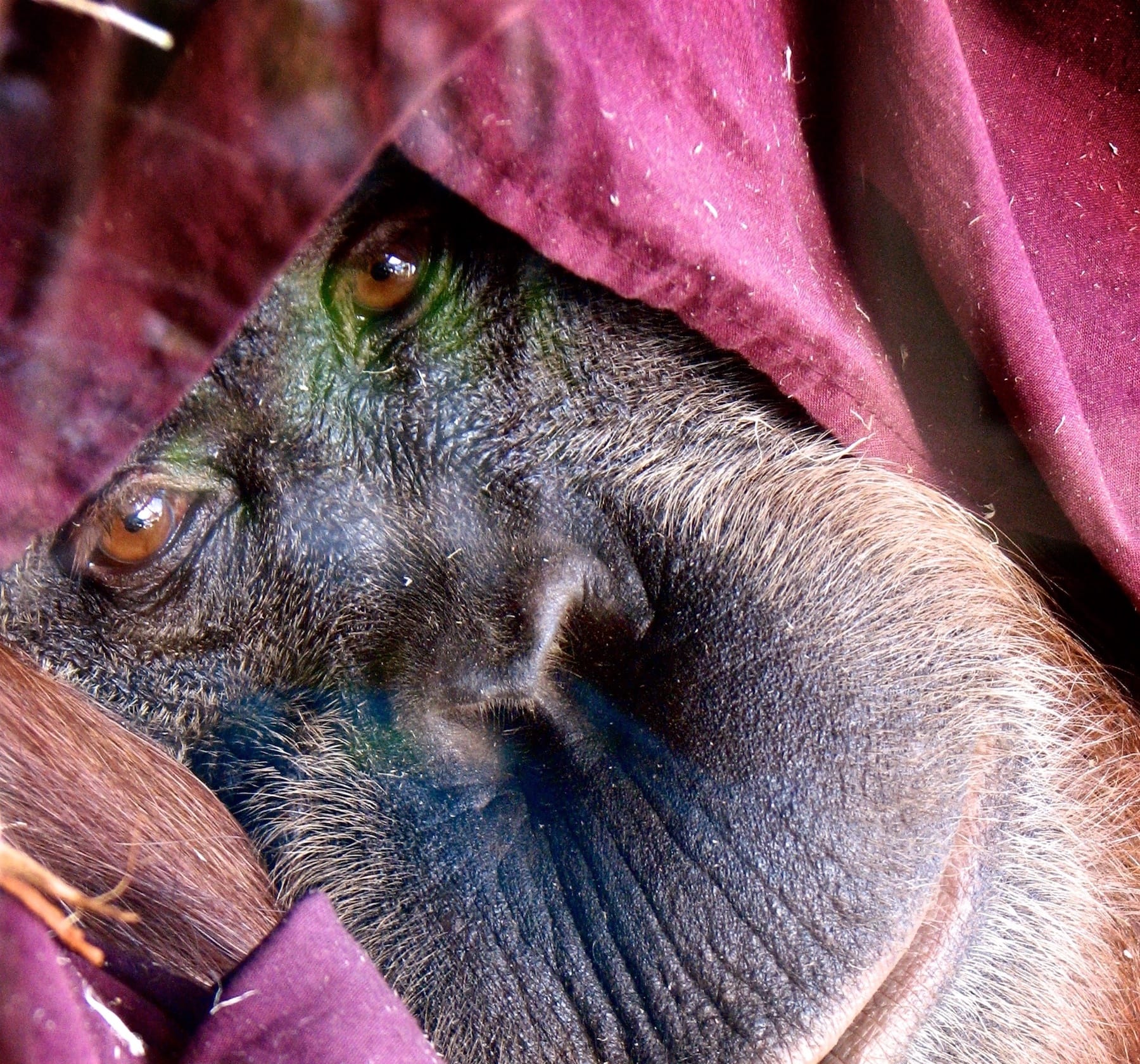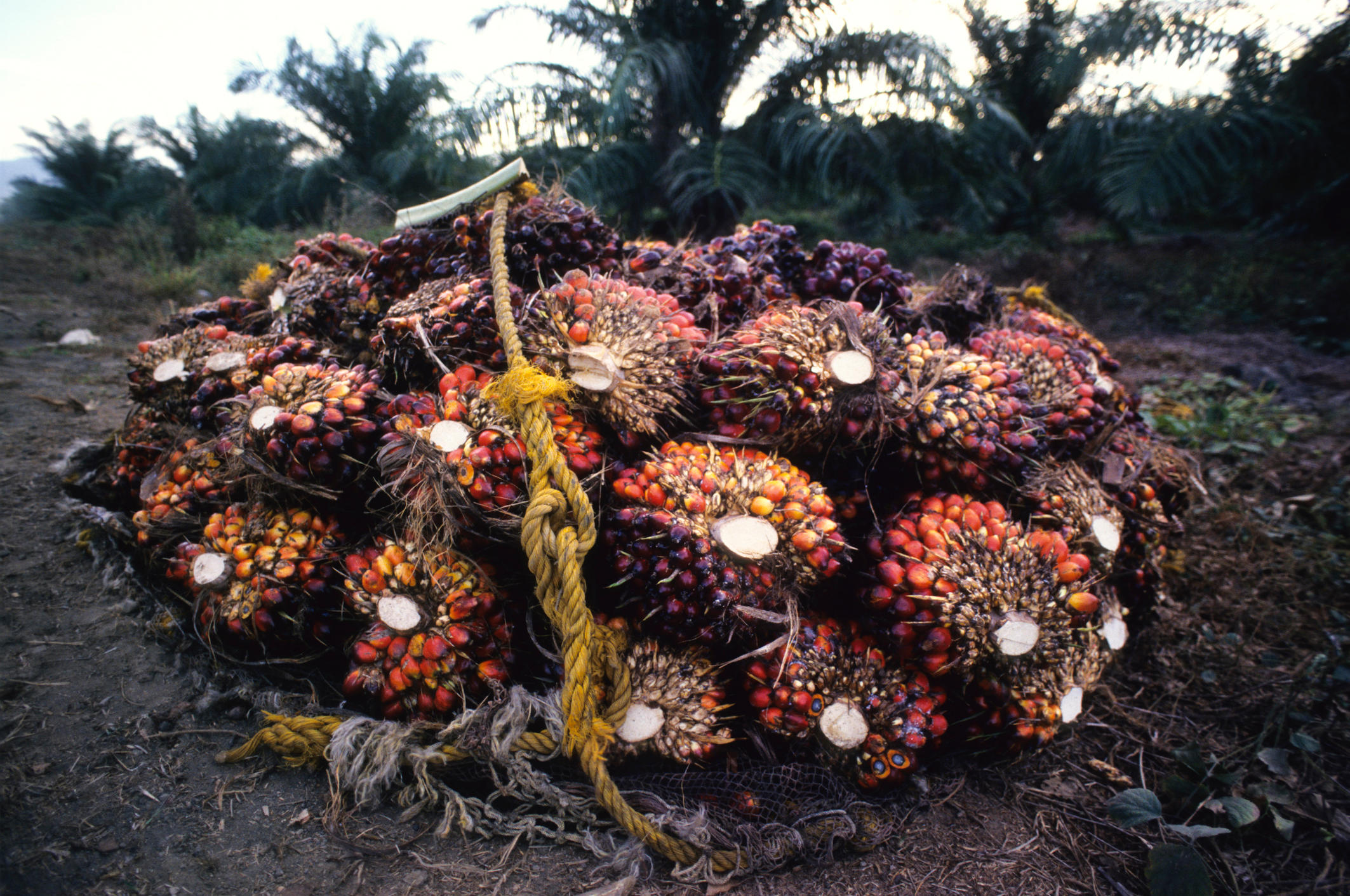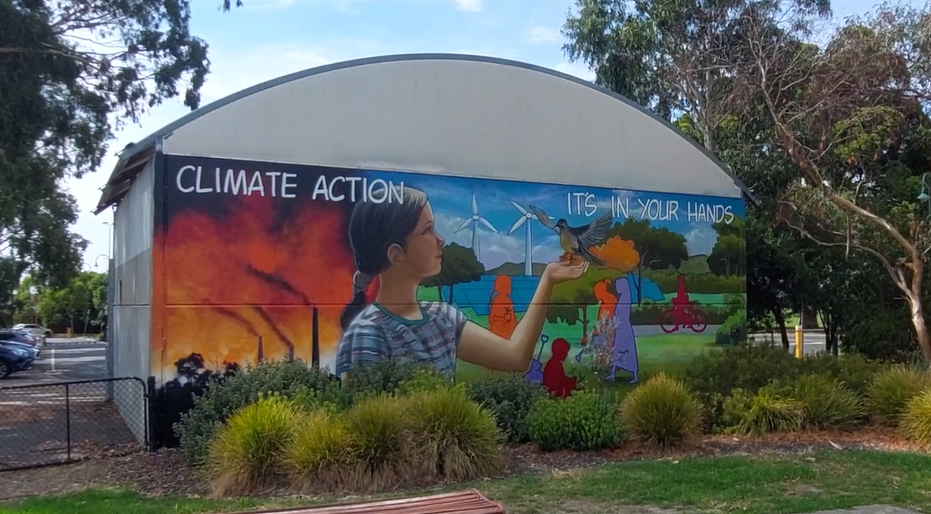Push for mandatory palm oil labelling grows as orangutan numbers decline
🔗 [SYSTEM UPDATE] Link found. Timestamp incremented on 2025-11-26 13:55:13.Nearly 200,000 people have signed an online petition calling for mandatory palm oil labelling on all products in Australia by 2020.

Video production and article by MARGARET WHEATLEY
Nearly 200,000 people have signed an online petition calling for mandatory palm oil labelling on all products in Australia by 2020.
Petition organiser Sarah Young said it was an “overwhelming” number of consumers wanting clear labelling information.
“Mandatory labelling is an important aspect of forest and endangered species protection. Consumers are an important piece of the puzzle when it comes to demand for better practices and more responsible production,” Ms Young said.
“I feel strongly that we have a right to know what products are in our purchases and companies should not be allowed to hide their use of palm oil.”
The petition calls for transparency with all products containing palm oil, to allow consumers to “make informed choices”.
Facts on palm oil and orangutans:
- An estimated 100,000 orangutans were lost on Borneo between 1999 and 2015, with severe declines in areas where habitat was removed, according to a major report published in 2018.
- More than130,000 ha of Borneo rainforest had been cleared by 25 palm oil groups by the end of 2015, a 2018 Greenpeace report found.
- Twelve major brands, including Nestlé, Kellogg’s and Unilever, use palm oil from those groups, that report noted.
- About 130,000 tonnes of palm oil are imported to Australia each year.

Palm oil is often labelled as “vegetable oil” to avoid its bad reputation, Facebook group Boycott Palm Oil admin Megan Gardener said.
“If a product was clearly labelled as having palm oil, it would be a deterrent,” she said.
“At the end of the day consumers must be able to know what they are purchasing.”
She said the Australian New Zealand Food Standards Code allows the generic use of “vegetable oil” in ingredient lists so manufacturers can change oils, for seasonal availability and pricing reasons, without having to change the label.
“There is no season for palm oil. To me this is a cop out excuse to allow the manufacturers to get away with more destruction. After all, it’s a cash crop and money talks.”

Organisations such as the Roundtable on Sustainable Palm Oil (RSPO) have provided companies with the option of certifying their products with a certificate.
A 2018 RSPO Impact Report found 3.2 million hectares of palm oil plantation areas had been certified as sustainable by the organisation, and about 19 per cent of all palm oil produced.
Palm oil production accounted for 40 per cent of 169 million tonnes of both global vegetable and fruit oils produced in 2013, according to official figures published by the United Nations Environment Program (UNEP).





